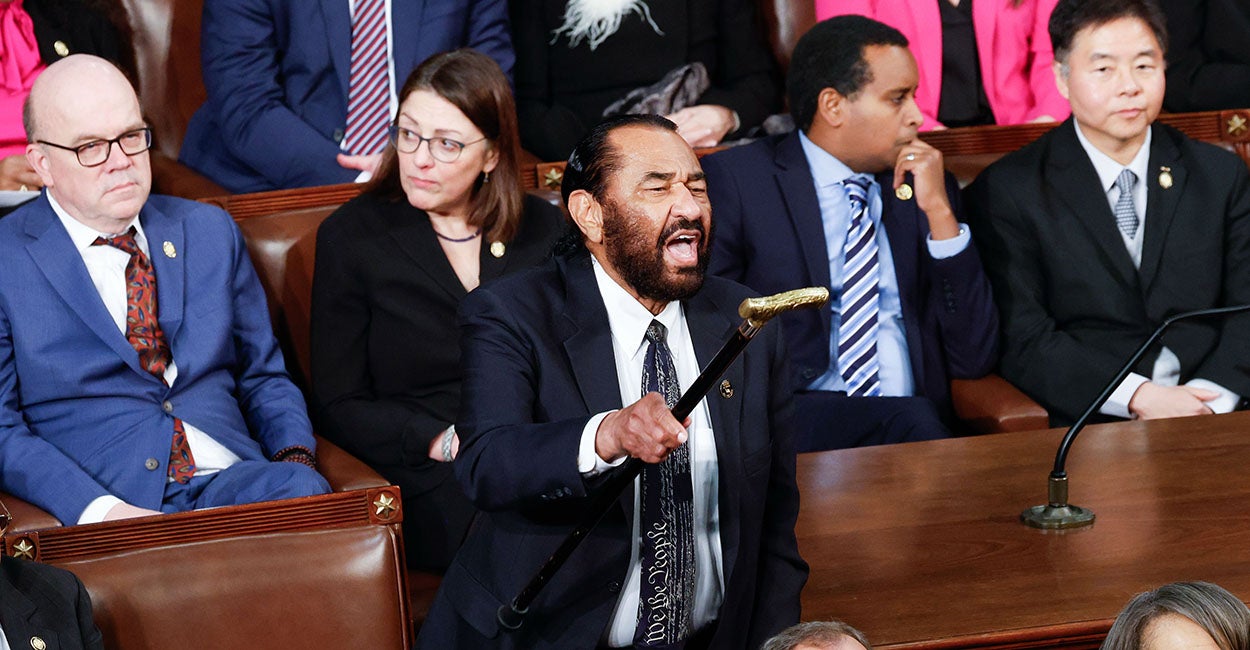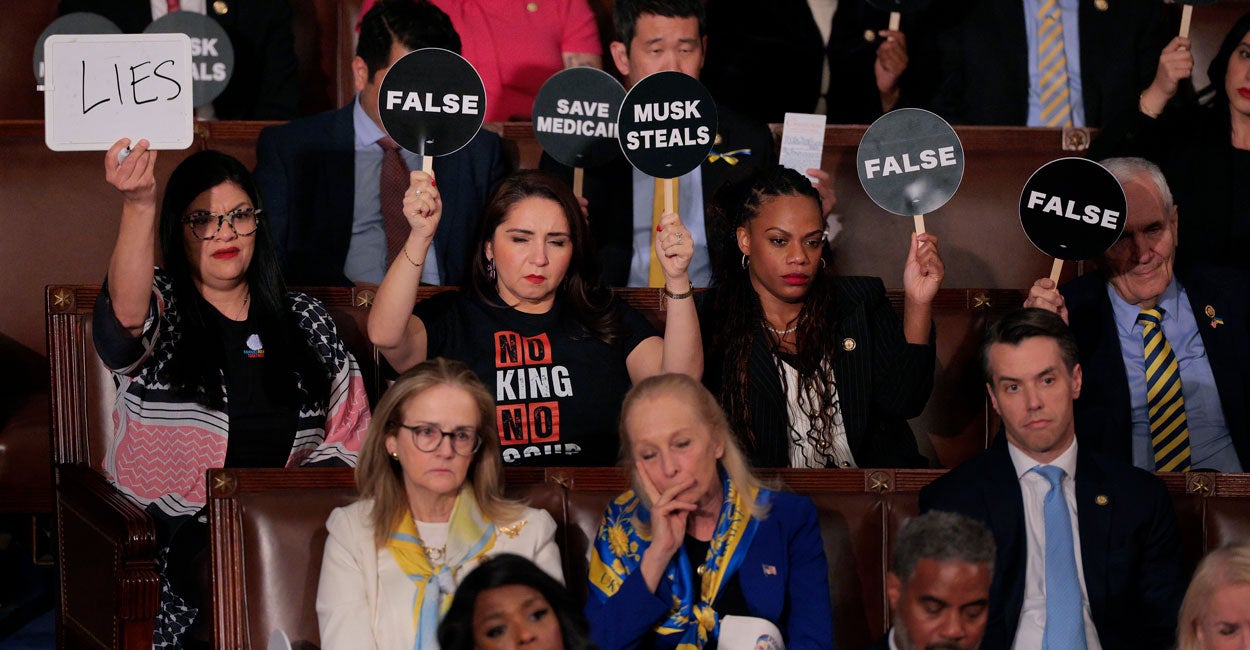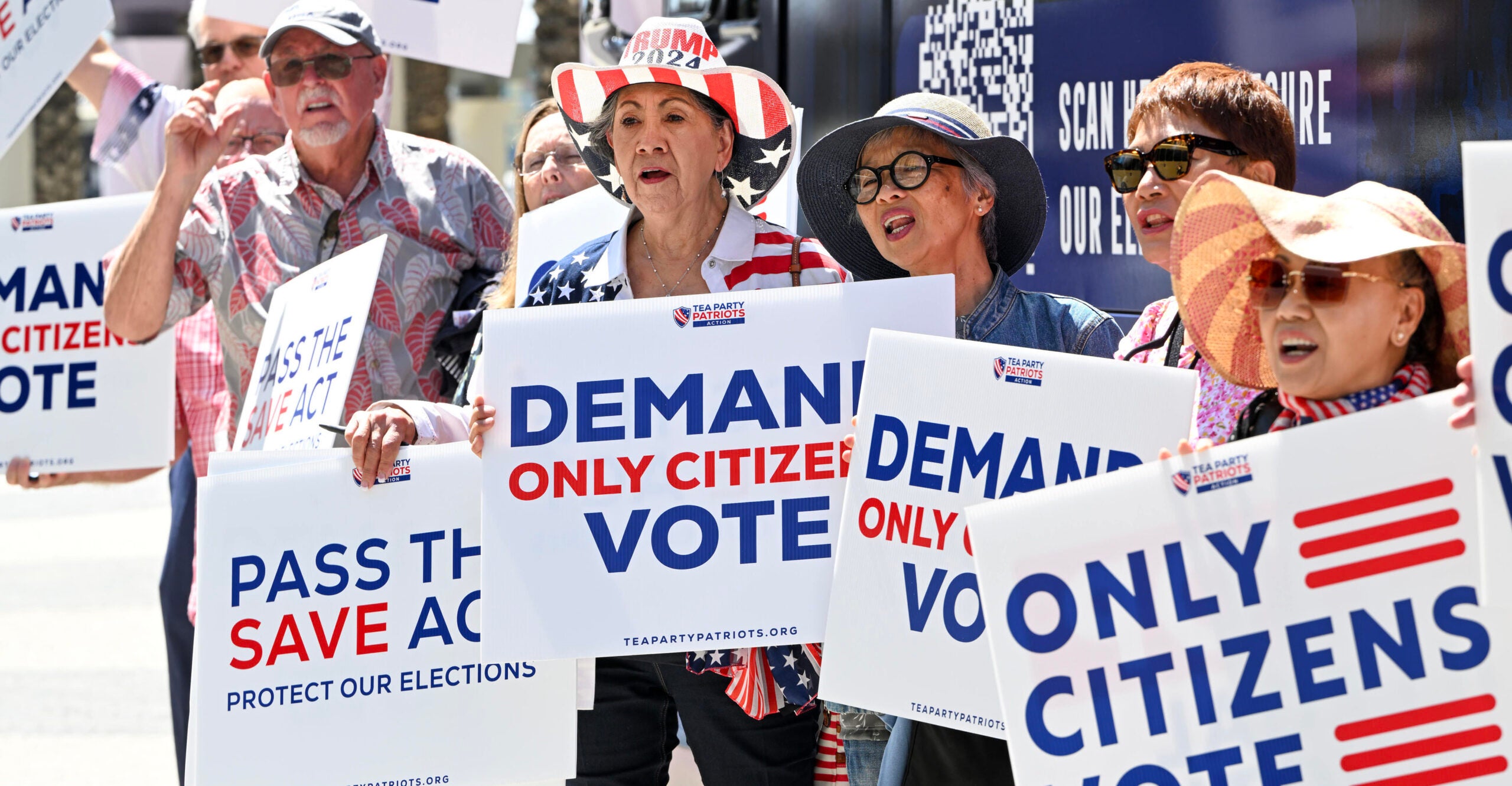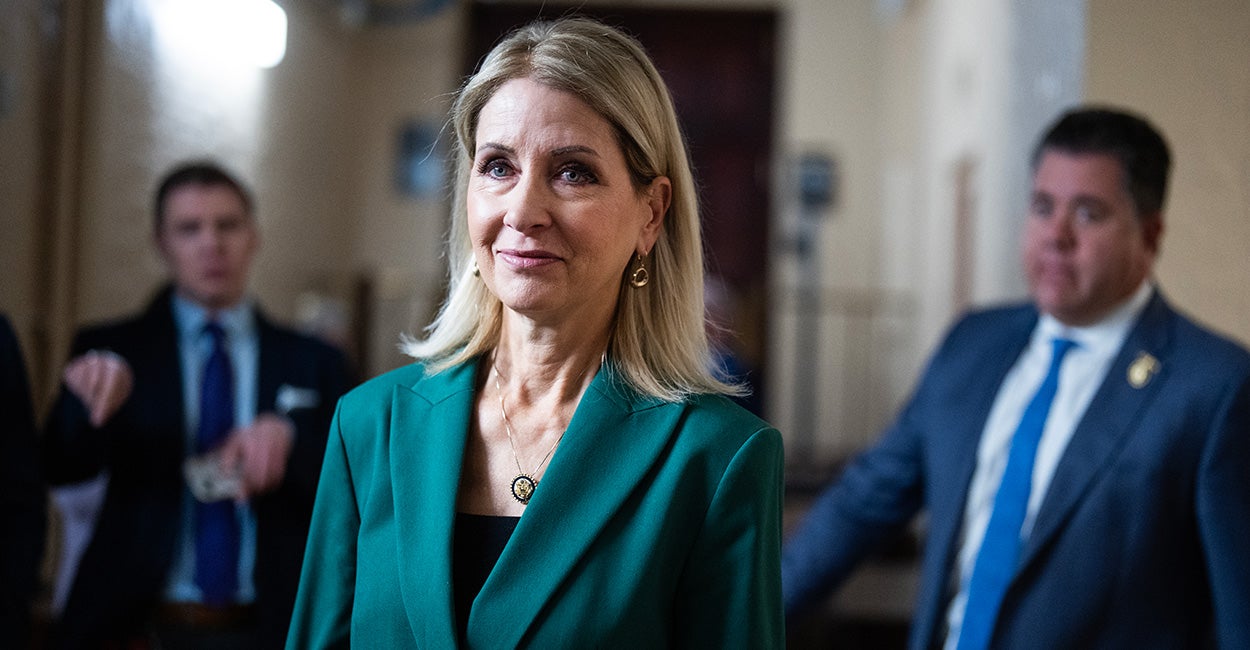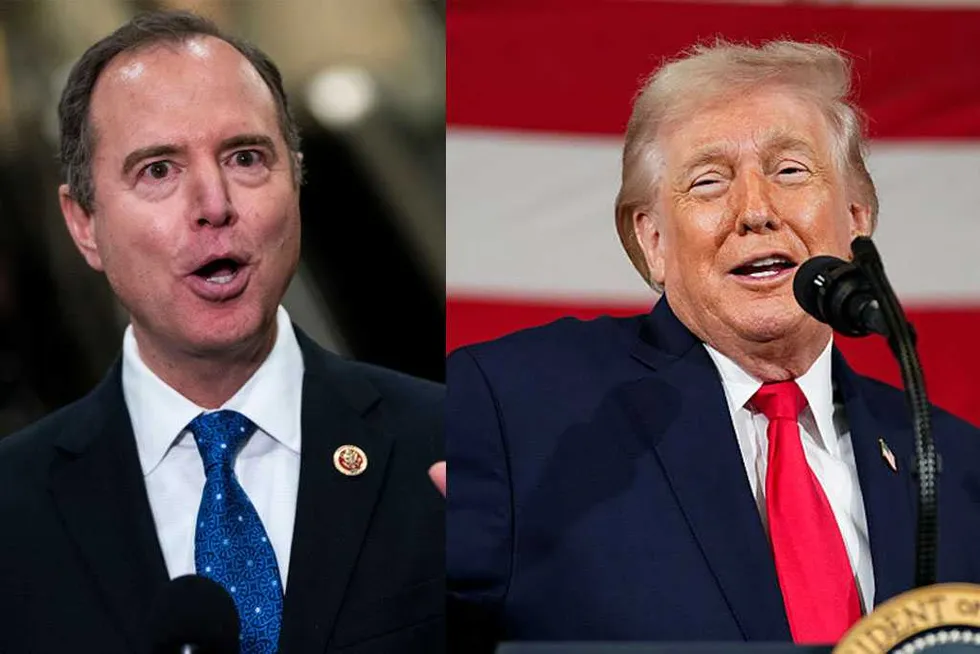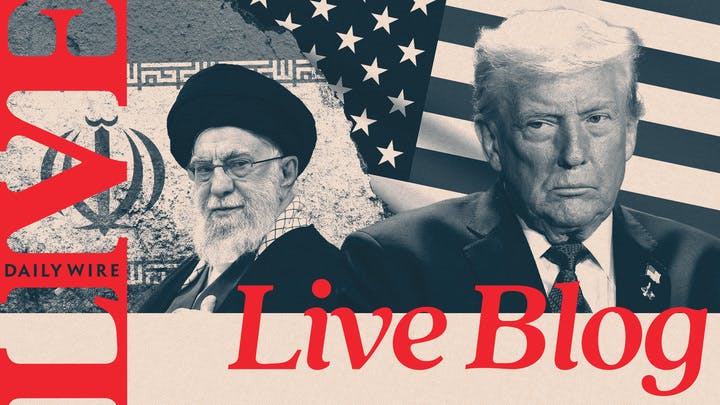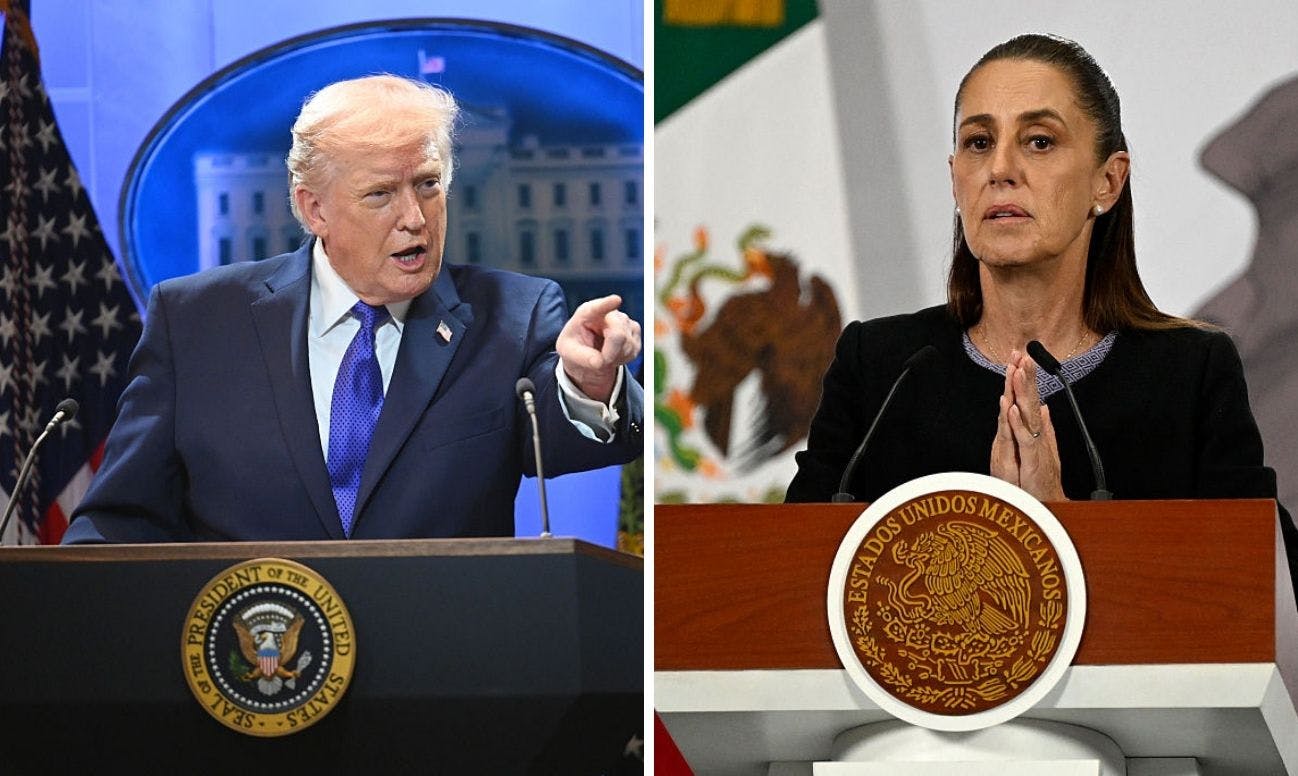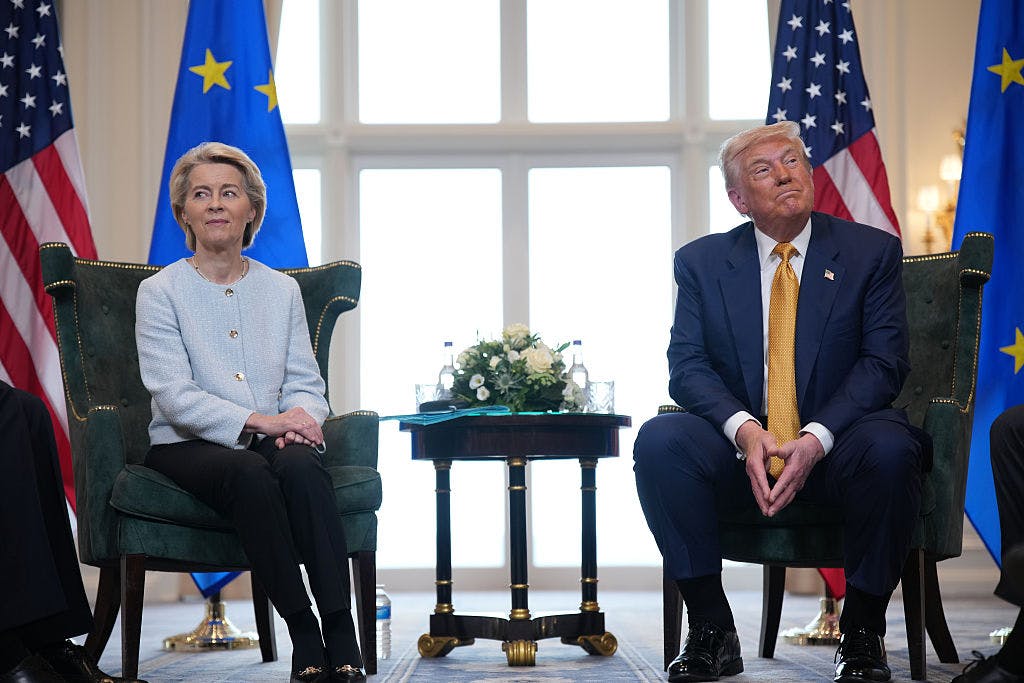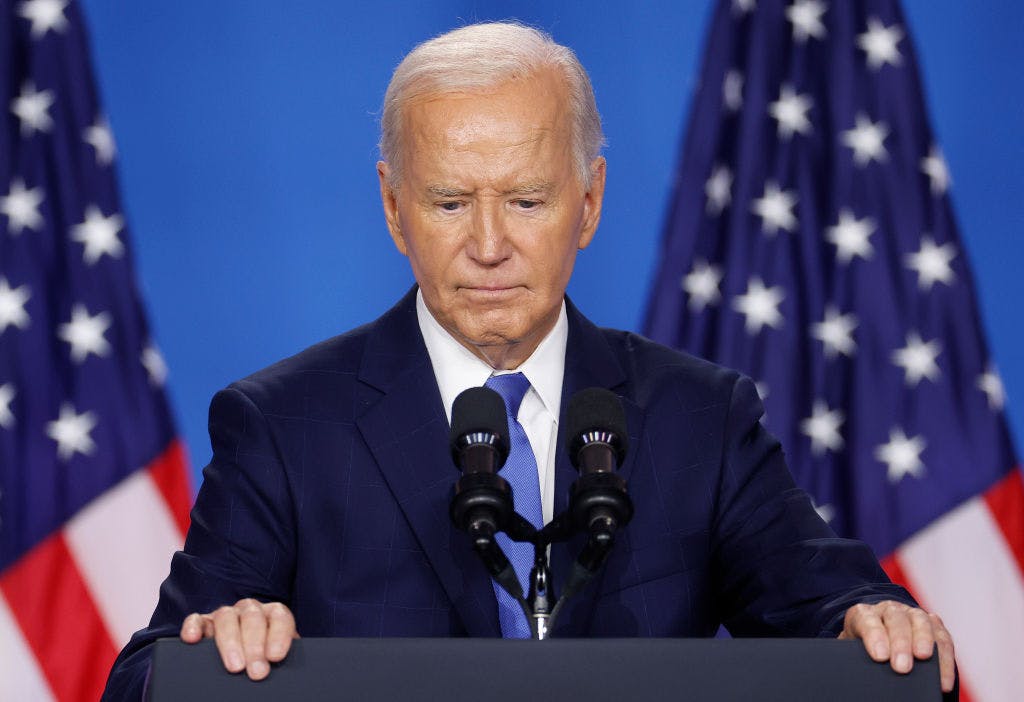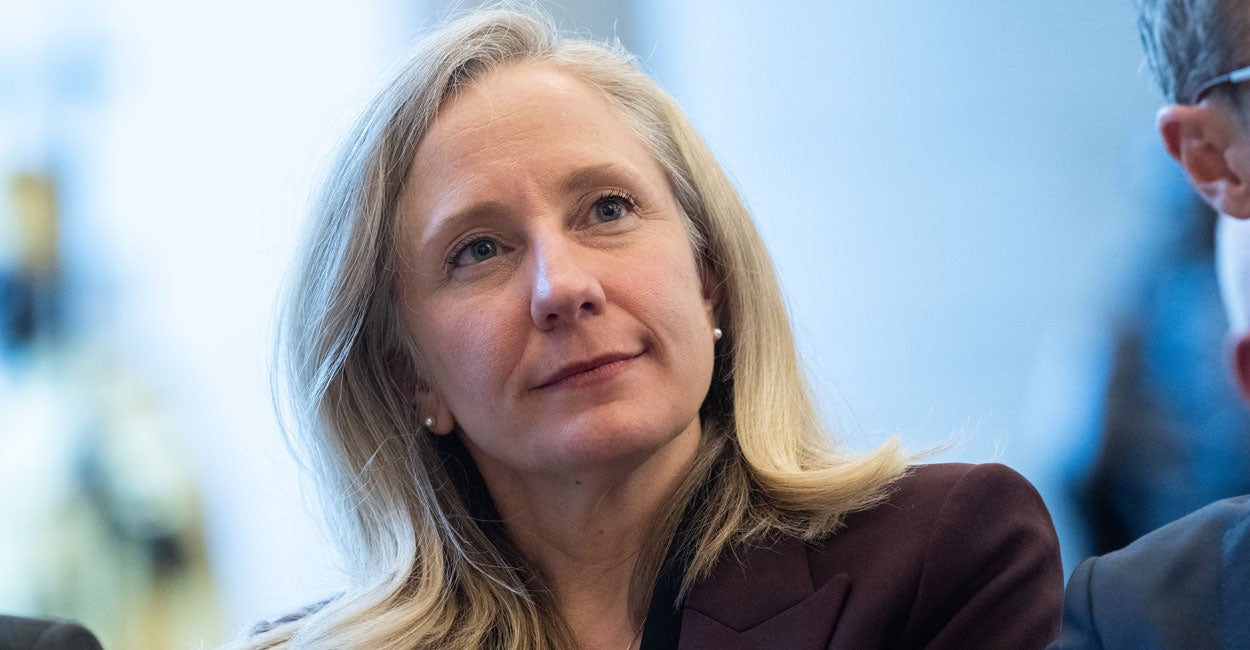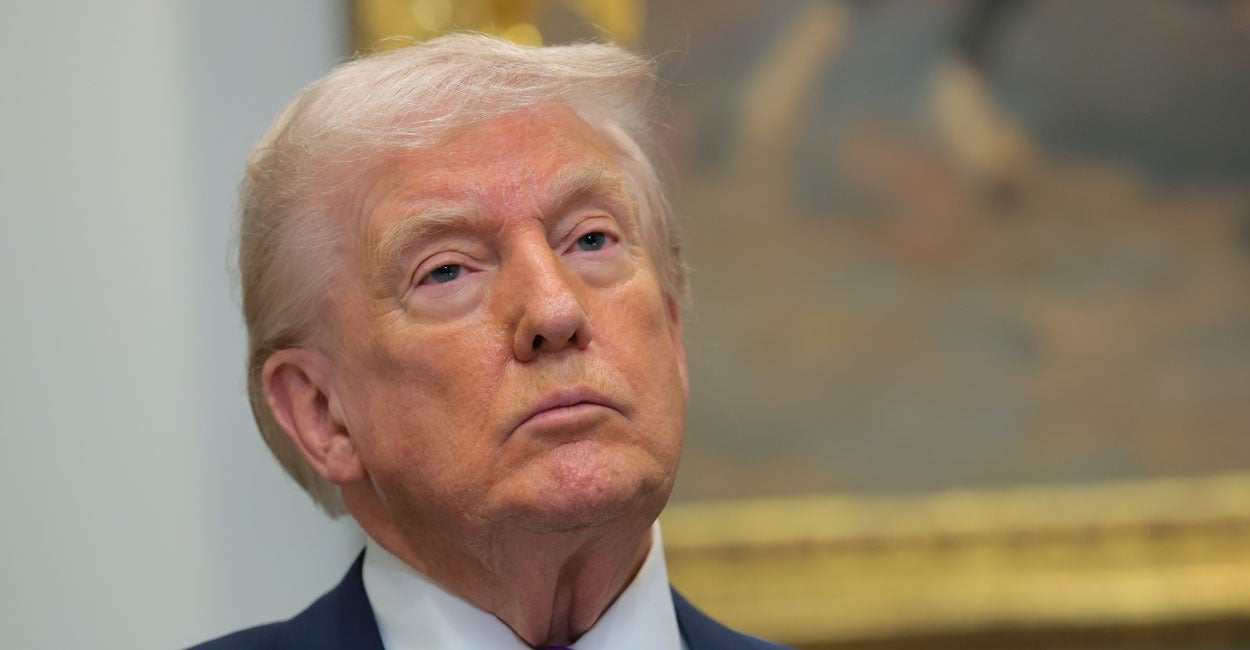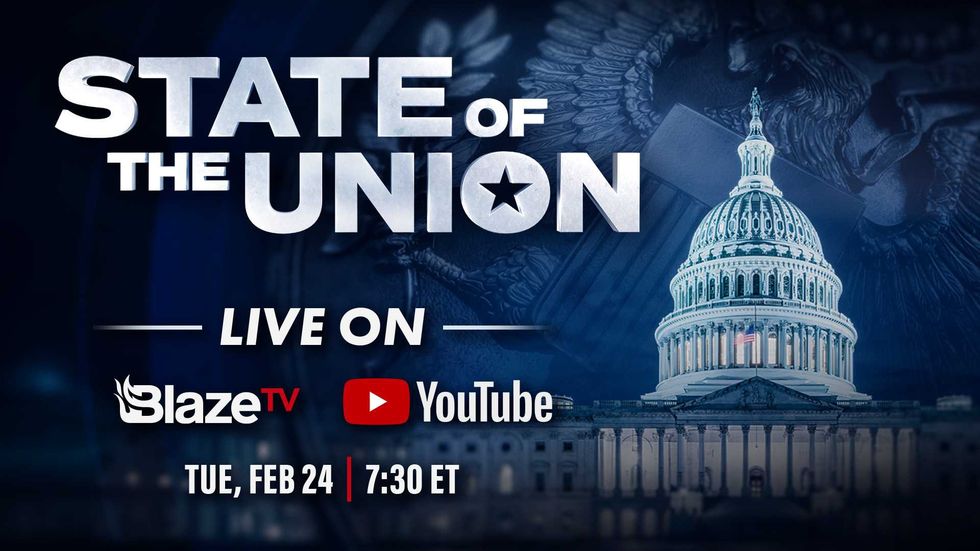Trump’s Favorite European Ally Is Quietly Undermining His Trade Agenda
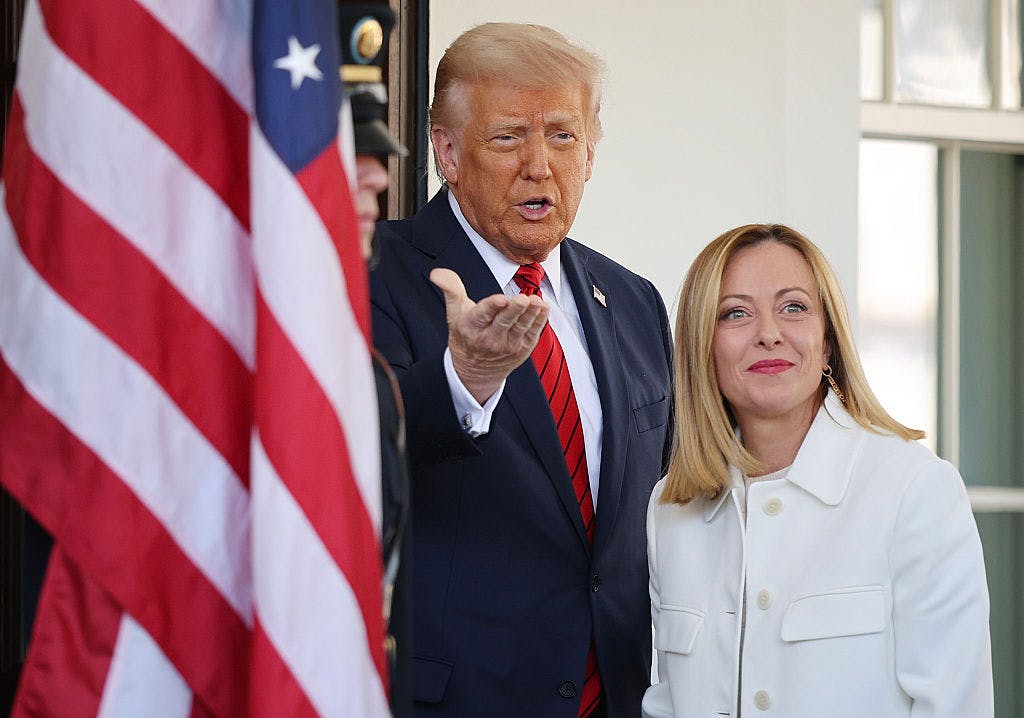
When President Trump took to Truth Social to promote Italian Prime Minister Giorgia Meloni’s new book, “I Am Giorgia,” many may have viewed it as a natural alliance between two champions of national pride, family values, and strong leadership. Trump praised Meloni as an inspiration, highlighting her dedication to faith, family, and country — qualities he has always deeply valued.
Live Your Best Retirement
Fun • Funds • Fitness • Freedom
However, the public display of friendship and affection stands in stark contrast to recent moves by the Italian government to harm American businesses. In fact, its recent policy decisions are quietly undermining a vital element of Trump’s economic strategy with Europe — particularly the principle against unfair, targeted fees on America’s innovators in the tech and telecom sectors.
The Italian bureaucracy, through Italy’s telecom authority AGCOM, has recently taken steps that classify Content Delivery Networks as part of Italy’s national telecom infrastructure. This may seem like a technical regulatory shift, but it sets a dangerous precedent for forcing U.S.-based streaming giants like Netflix and YouTube to shoulder new costs.
The idea that such platforms should pay what Europe calls “network fees” was repeatedly rejected by Brussels to avoid sparking a trade war with the United States. Yet Italy’s move appears to be a sneaky attempt to backdoor these fees through regulation rather than overt legislation.
That makes this latest maneuver particularly troubling in light of the U.S.–EU trade deal framework, which explicitly commits Europe to refraining from imposing network fees or equivalent measures that target American digital services. That commitment was celebrated as a breakthrough for fair and open digital trade — and a win for both sides of the Atlantic. Italy’s proposal represents a direct and duplicitous workaround of that agreement and should not be tolerated by either Meloni or President Trump.
The problem runs deeper than just economic policy. President Trump has always insisted that America should be treated fairly and that U.S. companies should not be subjected to unfair financial penalties while European companies enjoy protection. The essence of Trump’s “America First” trade approach is not just about tariffs but standing up to Europe’s habit of disguising predatory actions as “fairness” or “sovereignty.” Time and again, European bureaucrats have tried to charm American leadership with lofty rhetoric while quietly pursuing policies that simultaneously penalize U.S. tech innovators in favor of incumbent European firms and hand over their purportedly sacred sovereignty to Chinese companies.
In fact, in Italy’s case, more than a third of its 5G infrastructure is supplied by China. And the country’s largest telecom provider, Telecom Italia (TIM), has deep ties with other countries at the center of China’s scheme to drive a wedge between the United States and our allies across the Atlantic and in our own backyard.
The regulatory maneuvers of Meloni’s government are out of step with her public embrace of Trump’s values. She claims to stand for independence and patriotism, yet by empowering AGCOM to impose regulatory costs on American tech, she works within the same globalist, big government EU framework that Trump himself has warned against. This contradiction should raise alarms on both sides of the Atlantic. Supporting a populist vision in politics means little if the policies implemented to bring it to fruition end up stifling competition and reducing consumer welfare.
Italy’s approach to network fees could also spark retaliatory measures that hurt Italian and European interests in the process. Real partnership demands more than symbolic displays of loyalty. It requires shared commitment to open markets, fair competition, and the removal of hidden barriers.
Europe’s temptation to manipulate U.S. leaders through false promises while it advances onerous regulatory measures designed to impose new costs must be understood for what it is. President Trump’s success has come from hard-nosed deals and a refusal to be played. Europeans seem to believe they can deflect this approach by offering words of friendship and then quietly imposing rules that undermine longstanding agreements and harm the U.S. tech sector.
Meloni’s memoir captures the spirit many admire — strong roots, fierce pride, and clear principles — but her government’s recent actions surrounding network fees show that principles alone are not enough. The mutually beneficial alliance Trump seeks with leaders like Meloni must rest on policies that truly defend fairness and reciprocity and reject regulatory overreach that unfairly burdens U.S. businesses.
In the end, Trump recognizes that true partnership is built on shared interests and respect, not on central planning that distorts the market and seeks to extract money under the guise of fairness. Meloni’s Italy may talk the language of sovereignty, but on this issue, it echoes the very European playbook Trump has fought against: using regulation to impose hidden taxes on American innovation.
If President Trump’s affection for Meloni is to be returned in kind, it must coincide with a call for policies aligned with his economic principles. Otherwise, public displays of friendship are mere symbolic gestures that hypocritically mask Europe’s continued attempts to challenge American leadership. Such contradictions weaken transatlantic unity and threaten the very foundation of the deal Trump fought to secure.
* * *
Ashley Baker is Executive Director of The Committee for Justice, a nonprofit organization that advocates for the rule of law and constitutionally limited government.
The views expressed in this piece are those of the author and do not necessarily represent those of The Daily Wire.
Originally Published at Daily Wire, Daily Signal, or The Blaze
What's Your Reaction?
 Like
0
Like
0
 Dislike
0
Dislike
0
 Love
0
Love
0
 Funny
0
Funny
0
 Angry
0
Angry
0
 Sad
0
Sad
0
 Wow
0
Wow
0
